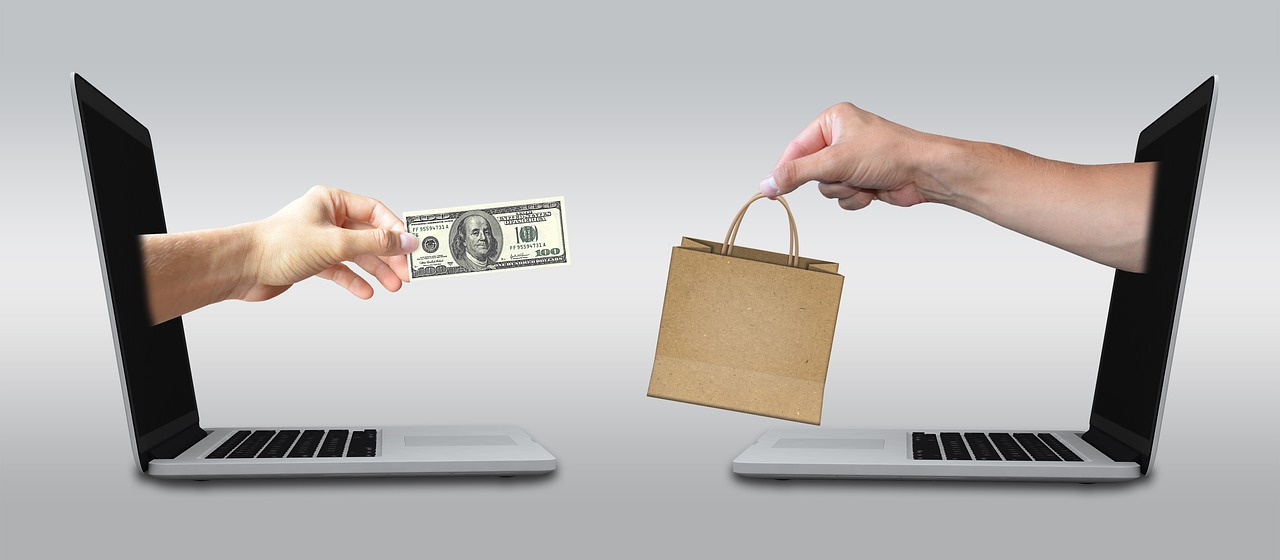How secure are your online transactions and payments? Whether you are a simple shopper or you own an online shop, security remains a top concern for all users. Therefore, the question is no longer if you need to secure your online payments and transactions or not. Instead, it is how you need to do it effectively and affordably. In the remaining sections of this post, I will discuss practical ways you can use to protect your online transactions and payments. So, remain my guest as I show you how best to beat online fraudsters in their own game.
Use the Latest Anti-Virus Programs
Antivirus programs are effective tools for beating online crooks in their dirty games. However, it is necessary to update them regularly to enjoy maximum protection because if you don’t, you will miss the latest security features updates bring. Some of these features include the ability to deal with the latest security threats. Also, they fix lapses in the previous version.
Never Transact on Public or Shared Computers
The second measure you should take to protect your online transactions and payments is not using public or shared computers to transact. The reason is that most web browsers record visitors’ passwords whenever they visit web pages. Consequently, these records expose users to hackers who hang around such computers to steal passwords. If you feel it is mandatory to use public computers, then don’t click on “remember me” buttons and log off all shopping websites after logging out. Otherwise, you risk falling prey to online predators.
Protect Your Personal Information
Do you want to secure your payments and transactions online? Then protect your personal information because hackers can grab such details and access your accounts. Therefore, never put your full birthday on your social websites such as Facebook or Instagram. Also, don’t put your email address you use for serious financial transactions unless you have secured it with a strong password.
Shop on Secure E-Commerce Websites Only
Where you shop online, its security also matter in your bid to secure your online transactions and payments. Therefore, you need to ensure that the website you shop on has a certificate for example, Comodo SSL Certificates to protect your transactions there. If the website has https://, then it is safe to shop there. The extra “s” stands for secure. If it uses third-party gateways to process payments, then use it. Otherwise, you could compromise your safety and become a cheap victim of Internet robbers.
Use a Credit Card or PayPal
Moreover, use credit cards or PayPal when transacting online to avoid being hacked. This means that you should avoid all online retailers who do not have secure payment gateways such as PayPal.
Use VPN
It is necessary to utilize a VPN (Virtual Private Network) when transacting online. This way, you will be in a better position to enjoy extra protection when transacting on the Net. It is beautiful to note that you can also add a VPN to your smartphone or home computer. Moreover, you can choose between paid subscriptions and free VPN like the one Opera offers. This ensures that all the information you transmit through the channel remains coded, hence, putting off Internet thugs.
Use OTP During Transactions
Another way of securing your Internet payments and transactions is using one-time-passwords (OTP) to access your online accounts. For example, many banks use this method alongside your usual password. This way, it is difficult for a hacker to access your accounts even if they stole your password because they do not have your mobile phone to access the OTP.
Use Strong Passwords
In online security, passwords play a critical role since they are the first level of entry to access your accounts. Therefore, fixing them is critical to your efforts to secure your Internet transactions. It is also worth noting that thugs cannot access your account details without passwords. So, make sure that you use strong passwords that are difficult to guess. To achieve this, you need to include capital letters, symbols, and digits in your access codes. Moreover, you need to use different usernames and passwords for your accounts. It is also prudent to change passwords regularly to avoid hacking. To guard your sensitive financial details, beware of fraudsters asking for your passwords disguising as your bank or any other service provider.
Beware of Public WiFi Networks
Do you like free things like free Internet? Then you should be careful how far this love for freebies takes you because it could expose you to possible online threats. To protect your online transactions and payments, don’t use public WiFi in places such as railroad stations, airports, hospitals, or restaurants. The reason is that hackers lurk in there to take advantage of these places to steal the details of unsuspecting Web users. Also, if you want to use such a connection, make sure that you the right SSID (service set identifier) of the network you intend to connect to. The reason is that clever hackers set up fake networks with similar names to fool unsuspecting users into assuming they are still in the same network. Before they realize, the thugs have already made away with their sensitive details. So, never use public WiFi without a secure password.
Mind Your Email Security
Lastly, take care of your email security to avoid becoming a victim of online fraudsters because hackers use such security breaches in emails to steal people’s information. If you see any email from unknown sources, don’t click on any link in there. Also, beware of emails asking you to subscribe to things you don’t need. You should also keep off emails asking you to provide your passwords. Lastly, never follow flashy URLs or buttons.
Closing Remarks
Securing your details during online payments and other transactions is critical. Therefore, this post discussed practical ways of protecting your transactions and payments from online crooks. I hope that you will apply them to safeguard your transactions on the Web.

